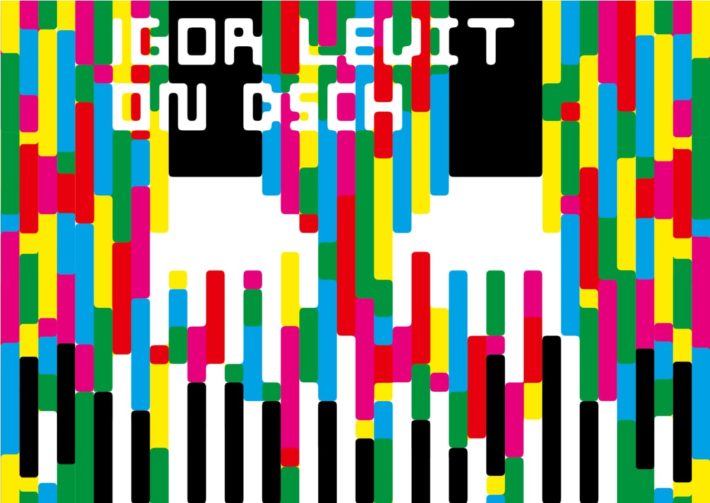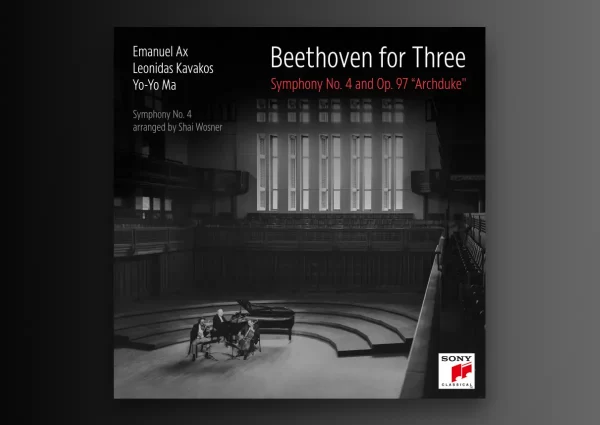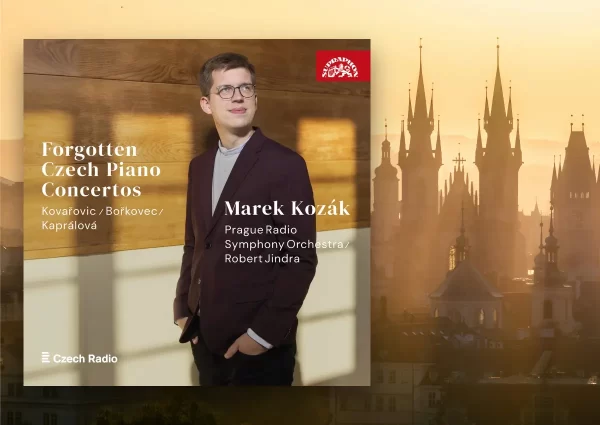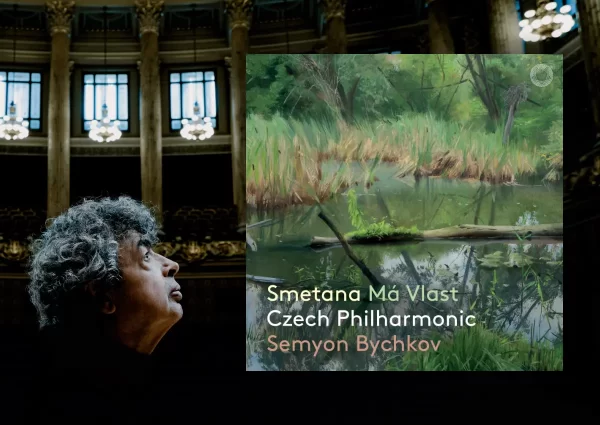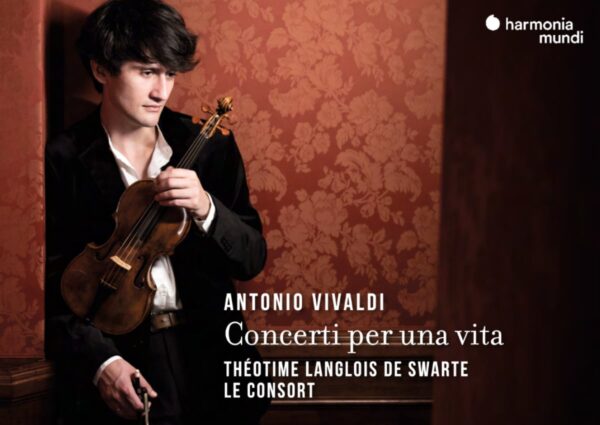Igor Levit is no stranger to pushing limits – whether that be in the form of an acclaimed recording of the complete Beethoven Sonatas (2019) or a grueling 15-hour livestream of Erik Satie’s Vexations (2020). But for Levit, it’s never been about challenge for its own sake. He describes his newest release, Shostakovich’s 24 Preludes and Fugues and Ronald Stevenson’s Passacaglia On DSCH, a “ritual of self-exploration and self-discovery that deals with the most intimate questions.”
Having to fill the shoes of Tatiana Nikolayeva, to whom Shostakovich dedicated the Preludes and Fugues (and who recorded them three times over in 1962, 1987, 1990), is a tall order. Levit surely does not disappoint: for those in search of a contemplative and highly-nuanced version, this is it. There are a myriad of influences present – Bach, of course, but also Russian folk melodies, Orthodox liturgy, and nods to the composer’s other pieces. While showcasing the variety, what Levit manages to do simultaneously is treat the set as a unified entity. He imbues it with what I might best describe as ‘overarching dignity.’ Gradients, ranging from restrained elegance to stately austerity, are captured in a thoughtful and thought-provoking manner.
The unassuming C major Prelude (Volume 1, track 1) derives a hypnotic feel through the sway of its dotted rhythms. Yet, the work is not mired in predictability: Levit shows us the rich colors of the innovative harmonic language through well-blended voicing. The long lines of the fugue complement the prelude, which is based more upon chordal textures: here, his remarkably even tone is a fine counterpart to a mellow canvas absent of sharps and flats. The perpetuum mobile A minor Prelude (Volume 1, track 3) sets up an interesting comparison to a rendition by the composer himself. While Levit’s might not have the same electrifying ferocity, his clarity and detail certainly make up for it.
The G# minor (Volume 1, tracks 23 & 24) cannot go without mention. The Prelude has a powerful orchestral opening that melts away into a lovely middle, and eventually, a meditative conclusion. What drives these changes is not only the melodies, however – the left hand ostinato is what fuels the passacaglia, and Levit’s has an array of temperaments from declamatory to shadowy. The impressive Fugue is a vibrant contrast with its assertive persona, heard in the marcato textures and crystalline dissonances. That said, the sound quality never comes off as harsh on the ears, and the final moments (including the major ending), lend a quiet profundity and balance to the work.
Related Classical Music Reviews
- Review: Beethoven – Complete Piano Sonatas – Igor Levit
- Review: “Encounter” – Igor Levit, Piano
- Review: Trio Zeliha plays Mendelssohn, Shostakovich, Arensky
One of my favorites was the B-flat minor (Volume 2, tracks 7 & 8). Like the G# minor, the Prelude hearkens back to an old form – this time, the chaconne. Nikolayeva’s 1962 version is striking for its lyricism, but Levit’s shines in its subtlety. He delivers to the hymn-like theme a meditative solemnity but lets it blossom into fluidity in the subsequent variations – each is characterized by increasingly quick-moving notes. For all its beauty, some of the harmonies create a sinister undertone which Levit does not miss either.
A Sensible Companion
Ronald Stevenson’s Passacaglia On DSCH for piano makes sense as a companion to the Preludes and Fugues. Not only is the tripartite work a large-scale homage to the DSCH motif but it, too, calls upon old musical forms and even socio-political slogans as inspirations. If Levit played to nuance in the previous works, he brings out the fireworks here. The opening Sonata-Allegro, dramatic and menacing, feels like an effective commentary on the dread Shostakovich faced during his lifetime.
A hint of macabre (a prominent element in Shostakovich’s works) gives us the chills in the Waltz in Rondo Form (Volume 3, track 2). The triple fugue in Pars Tertia (Volume 3, tracks 18-20) speaks to Levit’s clarity and understanding of the form. The interplay between subjects and voices come out most clearly, making it possible for the listener to follow along despite the atonality and complexity.
The sound quality and liner notes certainly match up to the performance. In place of a perfunctory analysis of the works is an insightful integration with a narrative of the composers’ lives.
Despite making for a marathon listening experience, this album distinguishes itself in that it doesn’t leave us exhausted or satiated. Instead, we feel compelled to continue exploring the music for details we might have missed initially. It is a true testament to Levit’s vision as an artist – absolutely not to be missed.

“On DSCH”
Shostakovich – 24 Preludes and Fugues, Op. 87
Stevenson – Passacaglia On DSCH
Igor Levit – Piano
Sony Classical, CD 19439809212
Recommended Comparisons
Read more classical music reviews or visit The Classic Review Amazon store
Follow Us and Comment:
Get our periodic classical music newsletter with our recent reviews, news and beginners guides.
We respect your privacy.

